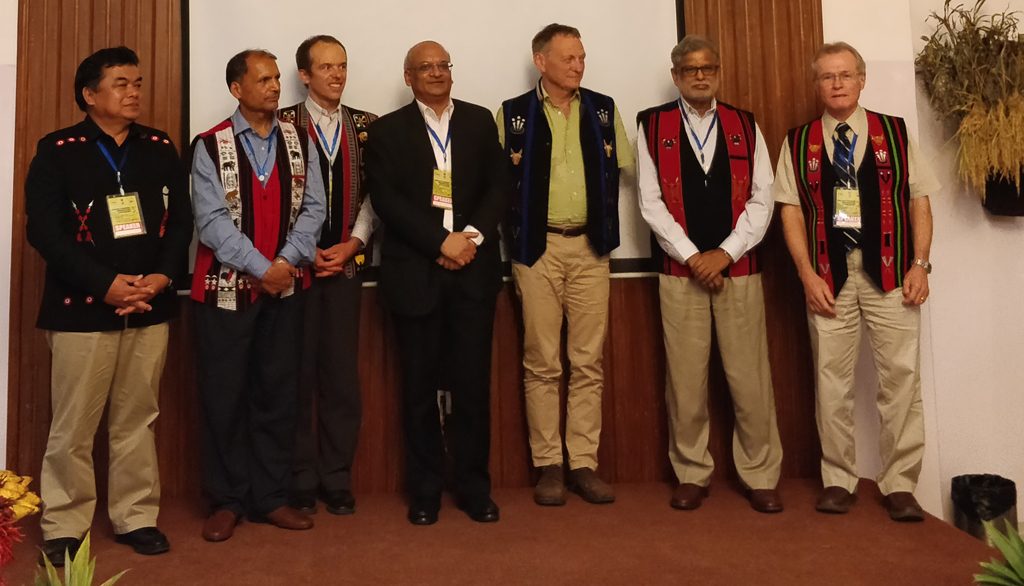Nagaland
Government trying to improve income of farmers: CS

Dimapur, Nov. 21 (EMN): Stating that income of the farmers through jhumming has been a way of life for decades, State chief secretary Pankaj Kumar said the government is trying to make the process more fruitful to the farmers.
Delivering a concluding remark of the two-day ‘Roundtable on sustainable management of jhum in Northeast India,’ at Hotel Acacia on November 21 stressed on the importance of farmers having connection to the market through technology.
With the help of three projects this year from Japan International Cooperation Agency (JICA), German developmental financial institution (KFW) and International Fund for Agricultural development (IFAD), he hoped that apart from improving productivity, improving produce of the farmers, conserving the biodiversity, it would also create a good look at the marketing linkages so that it becomes a sustainable solution.
He further emphasised on preserving and maintaining the bio diversity saying, “It is important to make meaningful intervention and address the concern of the villagers as most of the villagers are farmers.”
While stating that projects like IFAD, JICA and KFW are different, he said all are being implemented to improve the incomes of the farmers and most importantly habitat of the state. He hoped that the discussion taken place in the conference would go a long way and provide reliable marketing outlets to the farmers.
He concluded by saying that the success and the greatest meaning of the projects would be visible if it stays with the people.
Earlier in the morning, Dr. SV Ngachan, Director of ICAR for NE, taking part in the panel discussion on ‘Land tenure and role of traditional institutions in jhum management,’ said there is constraints for jhum improvement in the northeast region as there is no cadastral survey coupled with unplanned cultivation in land use.
He observed that the community land is converted to private lands which is more rampant in Nagaland and Mizoram and suggested for a model to be developed for landless and marginal farmers.
Dr. Vincent Darlong, Vice Chancellor of Martin Luther University, Shillong, stressing on land tenure under customary law opined that women remain traditionally excluded from land ownerships among many communities. He said that under such circumstances, it is a challenge for traditional institutions to play a more positive role.
“Is it possible to revisit/modernise the traditional village institutions to reflect a community institution that is more socially inclusive, gender-sensitive to ensure just ownerships of land?” queried Dr. Darlong and remarked that the idea of jhum management is to manage as ‘community forest’.
In the discussion on “Lessons from investment in sustainable management of upland farming systems in northeast,” Sentimongla Kichuchar of North East Initiative Development Agency (NEIDA) Tata Trust, shared that intensification is more likely to happen when farmers have access to markets where there is a demand for their products.
“Democratic community based institutions with women as decision makers at the centre of planning and implementation is also crucial,” said Kichuchar.
Lianchawii of United Nations Development Programme (UNDP) said the key determinants of success for a project require strong sense of ownership by government and stakeholders and not perceived as donor driven.
“Involvement of communities and local stakeholders, minorities and women in decision making can be a key factor for a positive outcome,” she suggested.

